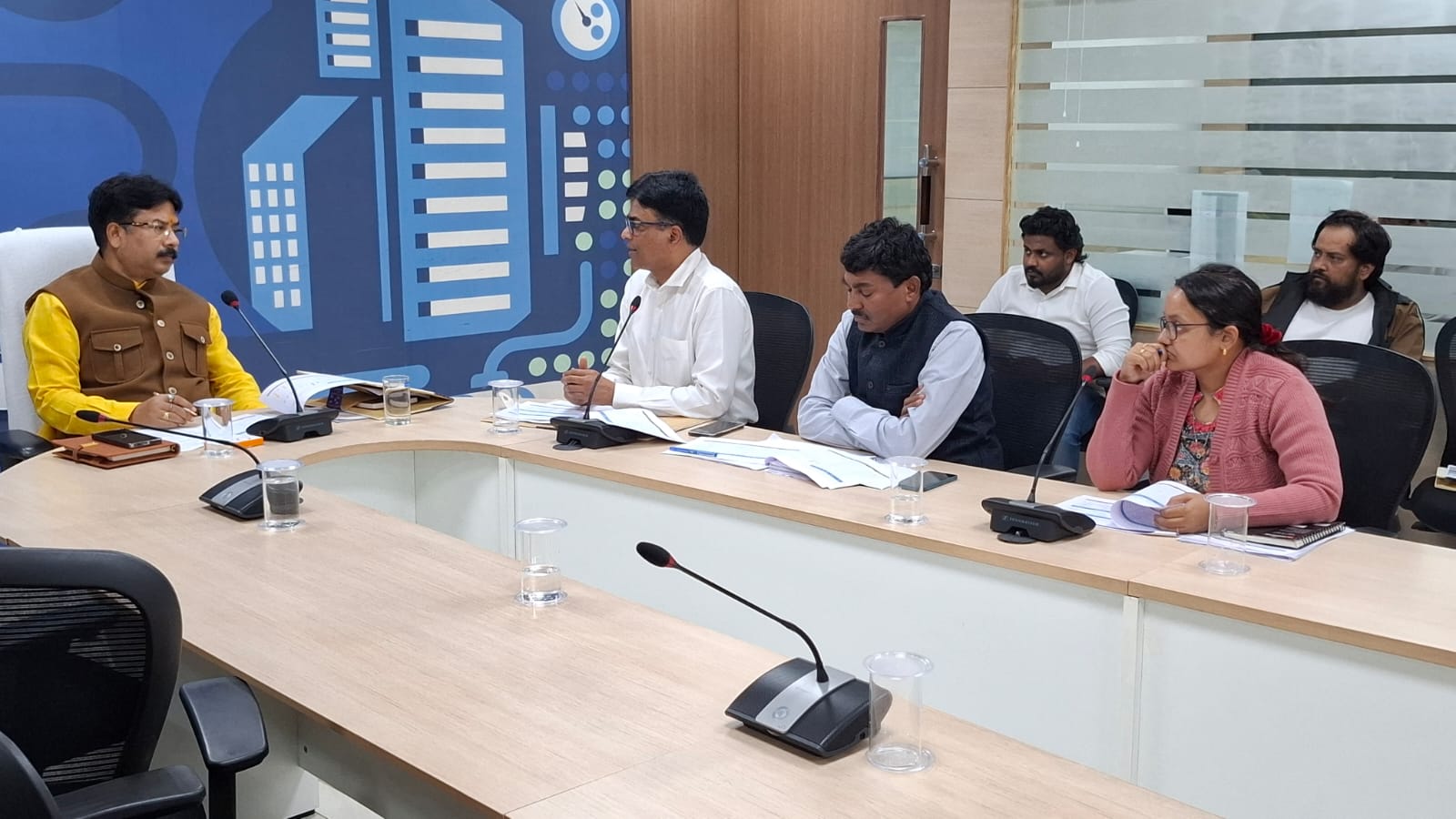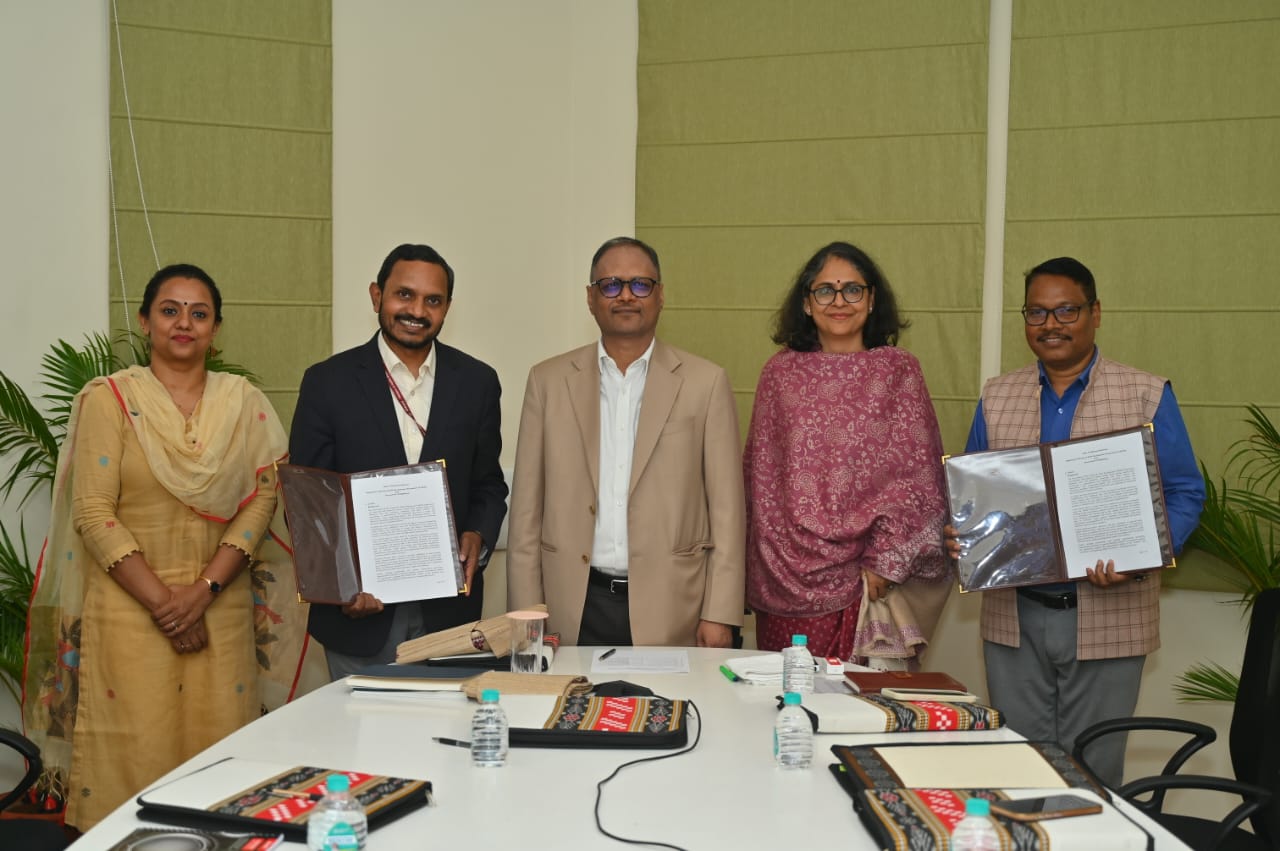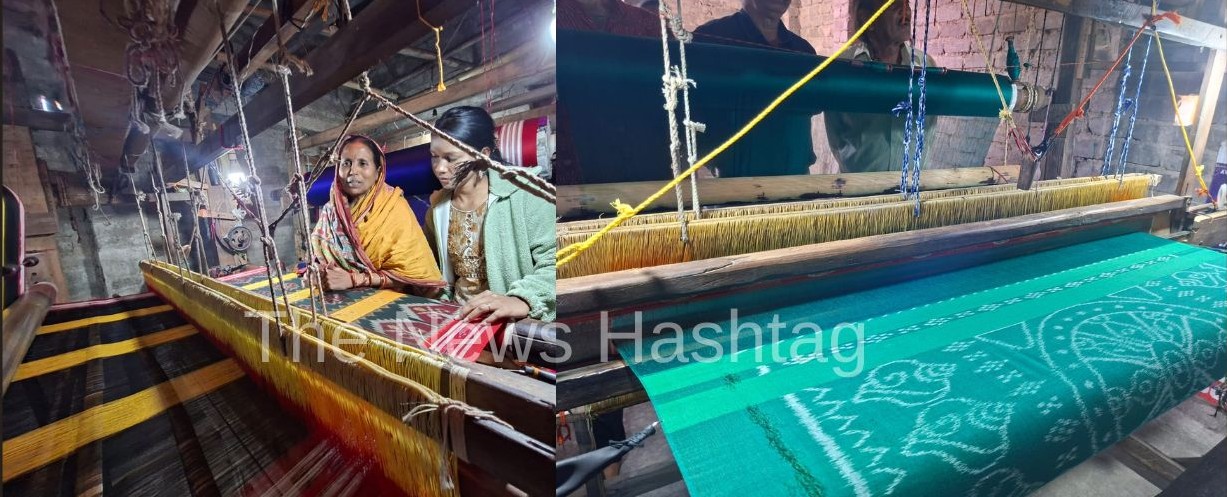Bhubaneswar: The Odisha government has signed a Memorandum of Understanding (MoU) with leading agricultural institutions and agencies to scale up its Comprehensive Project on Rice Fallow Management. The agreement, signed at Krushi Bhavan, brought together the Department of Agriculture & Farmers’ Empowerment and implementing agencies IRRI, ICRISAT, ICARDA, MSSRF, and AFC India Ltd. The initiative aims to transform underutilized rice fallow areas into fertile grounds for cultivating pulses and oilseeds, promoting sustainable agriculture across the state.
The signing ceremony was held in the presence of Odisha Deputy Chief Minister Kanak Vardhan Singh Deo, who emphasized the project’s significance in addressing the state’s pressing challenges of declining soil fertility and underutilized land.
Launched in 2022-23, the project initially targeted 70,000 hectares of rice fallow land. Following its success, the initiative expanded to 3.9 lakh hectares in 2023-24. This year, the project aims to cover 4.55 lakh hectares, with 3.45 lakh hectares funded by the state under the CRFM scheme and 1.10 lakh hectares supported by the central government under the TRFA-Pulse and TRFA-Oilseed schemes.
The project leverages residual soil moisture in rice fallow areas to grow short-duration crops such as pulses (green gram, black gram, Bengal gram, lentil, field pea, and grass pea) and oilseeds (mustard and sesame). This approach not only boosts productivity but also enhances soil health and supports approximately 5 lakh farmers statewide.
The MoU establishes a collaboration with renowned international and national institutions, ensuring the dissemination of advanced agricultural technologies and best practices. A crop-specific input system, emphasizing bio-based inputs and Integrated Pest Management (IPM) devices, has been developed to promote regenerative and sustainable farming.
The project includes strong coordination mechanisms at the district and block levels, involving local administration, extension machinery, and implementing agencies to streamline demonstrations and activities. Furthermore, around 2 lakh hectares of acidic soil will be treated with dolomitic limestone to improve productivity.
To ensure the project’s effective implementation, a robust real-time monitoring system has been established. This includes geo-tagging demonstration clusters through the ADAPT DSS platform and maintaining an Aadhaar-seeded farm registry via the Krushak Odisha portal.
The Deputy Chief Minister lauded the collaborative effort, highlighting the transformative potential of the project in enhancing agricultural sustainability and boosting farmers’ livelihoods. This initiative marks a significant step toward optimizing Odisha’s agricultural resources and promoting inclusive growth in the state.





